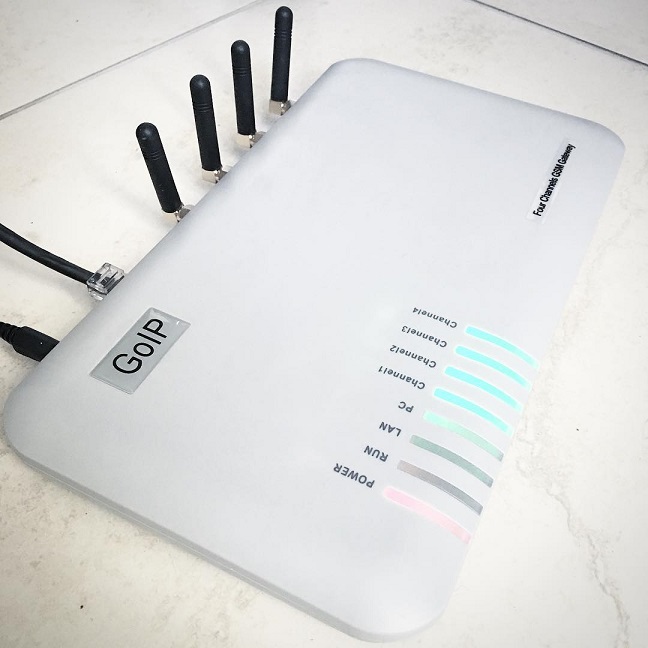Once it was necessary to upgrade the version of PHP 5.5.9 to 5.6 on Ubuntu Server 14.04 LTS, the usual update of the system components did not help:
sudo apt-get update sudo apt-get upgrade
You can try to upgrade the system to 16.04 or higher as I described in the article Updating Ubuntu 14.04 to 16.04. Together with the system will be updated and PHP.
If the system update fails, you can add a third-party source with PHP:
sudo add-apt-repository ppa:ondrej/php sudo apt-get update
And install the correct version from it, for example PHP 5.6:
sudo apt-get install php5.6 php5.6-mbstring php5.6-mcrypt php5.6-mysql php5.6-xml
Since there are several installed versions, disable the old version and activate the installed one:
sudo a2dismod php5 sudo a2enmod php5.6 sudo service apache2 restart
Similarly, you can install PHP 7.2:
sudo apt-get install php7.2 sudo a2dismod php5.6 sudo a2enmod php7.2 sudo service apache2 restart
Or PHP 7.0:
sudo apt-get install php7.0 sudo a2dismod php7.2 sudo a2enmod php7.0 sudo service apache2 restart
